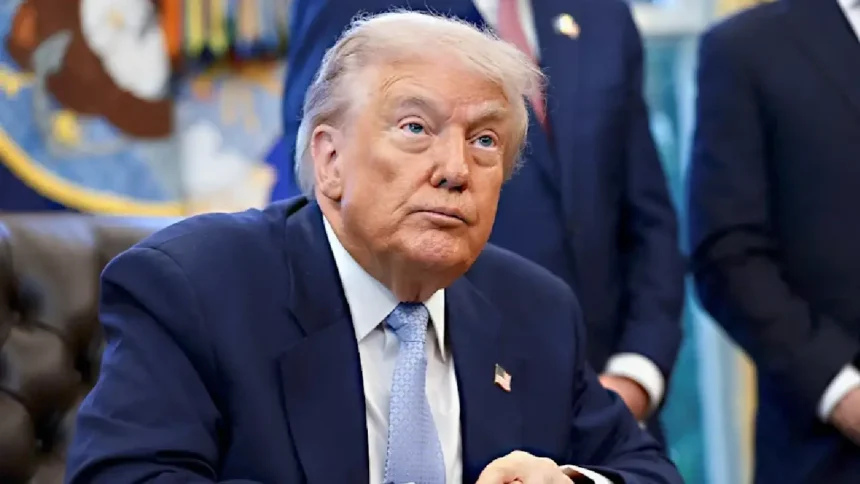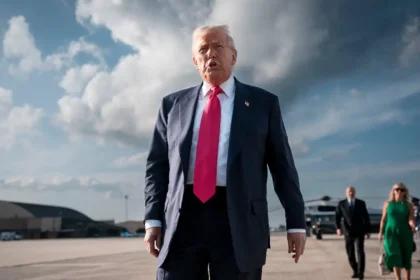GOP senator warns Congress not to “screw this up” as Trump leans in on tough Russia penalties
Senator Lindsey Graham (R-S.C.) says President Donald Trump has told Senate leadership to “move the bill” on a sweeping Russia sanctions package — but procedural roadblocks in both chambers of Congress could derail the effort, Graham warns.
What’s Driving the Push
Graham and Senator Richard Blumenthal (D-Conn.) have crafted a bipartisan sanctions bill targeting Russia and countries that continue buying its energy exports. The legislation, supported by more than 80 co-sponsors in the Senate, proposes aggressive penalties, including sanctions, tariffs, and other economic tools to pressure Moscow.
According to Graham, Trump expressed his support during a recent golf outing with Senate Majority Leader John Thune. “It’s very important we do not screw this up,” Graham said, arguing the sanctions package would bolster Trump’s leverage in negotiating with Russian President Vladimir Putin.
What the Bill Would Do
If passed, the bill would give the president broad authority to impose sweeping economic penalties. These include imposing tariffs of up to 500% on countries that trade with Russia, limiting investments, and deploying visa restrictions or other sanctions against key Russian actors and their economic allies.
Graham calls the bill a “sledgehammer” that would give the U.S. real leverage over countries that provide economic lifelines to Russia.
Hurdles Ahead
Despite broad backing, the path forward is fraught with legislative complexity:
-
The bill is still in the Senate Banking Committee, meaning it must clear several steps — including committee approval, discharge, and then a full-floor vote — any of which could stall or block it.
-
On the House side, Speaker Mike Johnson has suggested that starting the bill in the Senate would be smoother; if it originates in the House, Johnson warns, it could be caught in a “much more laborious, lengthy process” involving multiple committees.
-
The White House reportedly wants changes: sources say officials are pushing to modify the bill’s language so key actions become more discretionary. In particular, they want “shall” clauses changed to “may,” giving the president more flexibility about whether to enforce mandatory penalties.
Why Trump Is Backing It Now
Trump’s support could mark a shift — previously, he favored using tariffs rather than Congress-driven sanctions. But now, Graham says, Trump sees value in a sanctions package that could strengthen his negotiating position with Putin and provide more tools to pressure European and Asian countries that rely on Russian energy.
By backing this legislation, Trump may be signaling he wants to show both toughness on Russia and diplomatic leverage — all while retaining significant control over how these sanctions are applied.
Risks and Implications
-
Geopolitical leverage: The bill could enhance U.S. leverage with Russia, if Trump uses it strategically — but it also risks complicating diplomatic talks if implemented too aggressively.
-
Trade backlash: Some analysts warn that 500% tariffs on major energy-importing nations could spark serious trade fallout.
-
Domestic politics: If the bill fails, it could be deeply embarrassing for GOP backers like Graham. But if it passes with weaker enforcement language, it may be criticized as toothless.
-
Presidential discretion: The White House push to soften mandatory enforcement provisions may give Trump broad control — which could be seen as a win for executive power, or a loophole that undermines the bill’s intent.
Final Thought
Lindsey Graham’s warning about procedural hurdles underscores how complicated it is to translate political momentum on paper into real legislative power. Donald Trump’s backing gives the sanctions push renewed energy — but getting from committee to law will require skill, compromise, and political will on both sides of the aisle.











